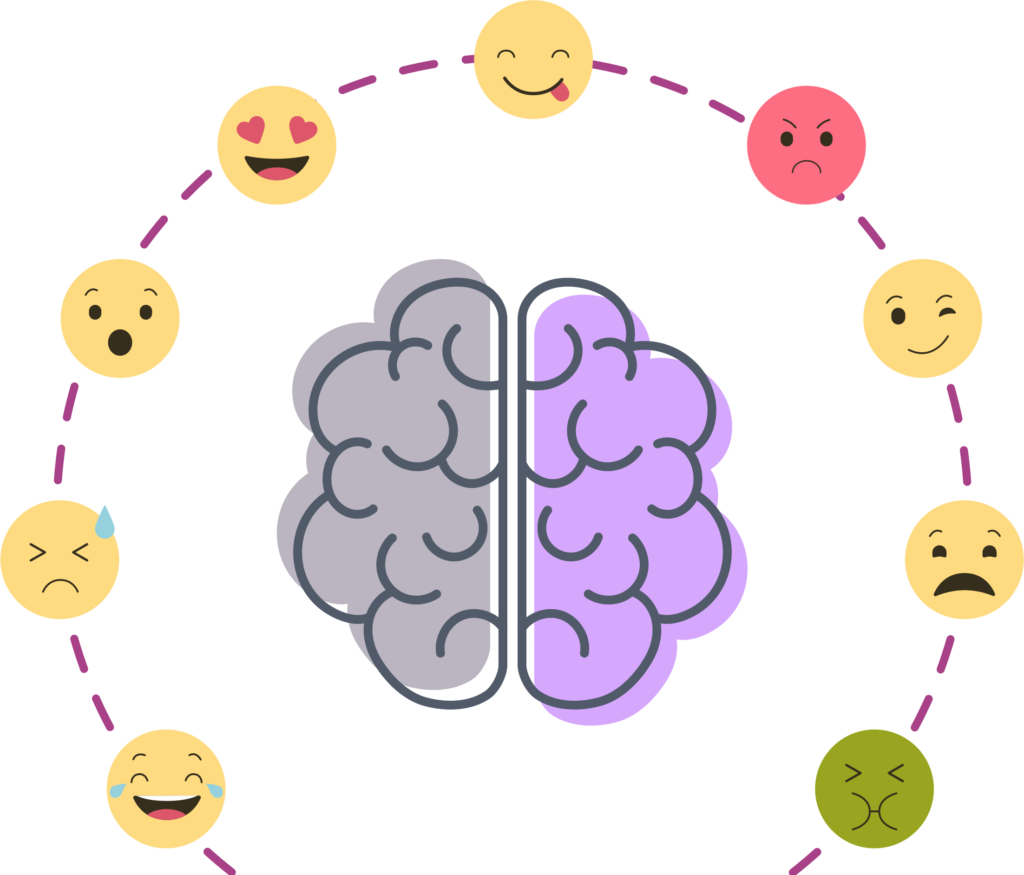
After a state of emergency during which most people worked from home, it is not so easy to go back to old habits and the old way of working. At home, however, everything could have been our way, but now we need to return to the team and be just one of many.
Returning to work after a long break is a big challenge for everyone, and that is the reason why we gathered ten tips on how to fit into the work environment as smoothly as possible after a long absence and what everyone could do to stay in shape, both mentally and physically.
Physical health
Physical activity plays a significant role in reducing the risk of osteoporosis, as well as its treatment, and it can benefit one’s overall health, especially during long working hours.
1. Vitamin D

In addition to physical activity, what we can do to prevent a decrease in bone density, and at the same time, strengthen our immunity, is to take a combination of vitamins D3 and K2. Due to the coronavirus pandemic, we spent a lot of time in our apartments in the last couple of months. Inactivity and lack of vitamin D have a damaging effect on health, so it is necessary to strengthen immunity after quarantine. As we began to return to our work obligations, we should also work on strengthening the organism. That is why experts recommend daily physical activity, with at least 150 minutes of moderate aerobic exercise per week.
2. Diet

Adequate nutrition in the workplace can help not only to look and feel better but also to cope with business tasks more efficiently.
Modern and fast way of living is a reason why sometimes it is impossible to go on a lunch break. As a result, many employees eat unhealthy snacks, like snacks or fast food, which provides a feeling of fullness, but is nutritionally pretty poor. All this is an even more reason to take better care of your diet, as your body would need more vitamins after a long break from the office. A healthy snack is a great solution, and since there are a lot of great companies like Fruitful Office that provide such services, the choice should be simple.
3. Hydration

Hydration of the organism enables the expulsion of toxins, which is essential for our immunity. But, you should avoid consuming too many drinks that contain caffeine on your job because they can lead to increased fluid excretion and, thus, to dehydration. You should drink 1.5 to 2 liters of water daily, and if you want hot drinks, take herbal teas with the addition of lemon and ginger. They will alleviate inflammatory processes and cold symptoms if one should notice them. If you’re still having trouble meeting your daily hydration needs, you may want to consider IV hydration. This type of treatment can replenish your body in less than an hour.
4. Sleep

This one is simple, and almost everyone is familiar with the importance and benefits of a good night’s sleep. It is essential for everyone to be at their best and ready for everyday tasks. Also, if one can plan and prepare for the next day before going to bed, it would add a little more time for sleeping and relaxing in the morning.
Emotional and mental health
1. Accept your thoughts and feelings

From the first news about the virus outbreak, we face various negative thoughts and emotional states such as fear that our loved ones or we will get sick, tension and burden regarding our financial situation, anger, irritability, and depression.
The first thing is to recognize that these are normal reactions to an abnormal situation. All these feelings, mood swings, the experience of emotional and psychological instability are normal, human reactions to all the uncertainty. They do not mean that something is wrong with us, and therefore we should not be afraid of them – we should accept them. There is no need to suppress those emotions because dealing with them will lead to much better overall health.
2. Limit the information you receive
When we find ourselves in a situation that is full of uncertainty, we usually try to get as much information as possible to regain control over the situation. Although the need for information is a normal and healthy reaction, it is easy to slip into excessive exposure to a variety of information, which often includes fake or sensationalist news, and all that info can be counterproductive, make you feel overwhelmed, and produce panic. It is, therefore, necessary to limit yourself to:
- reliable sources of information
- news tracking for up to 15-20 minutes a day
- information that is directly relevant to us
In addition to the news, it is also good to pay attention to other content that we receive and edit those sources of information so that they would also make us feel good. Something that occupies our attention like entertainment magazines or social network profiles and pages that deal with interesting topics is a good starting point.
3. Talk to co-workers

Although it is crucial to avoid physical contact in order to reduce the likelihood of getting infected or infecting others, that does not mean that we should not use all the means available to us (phones, social networks, etc.) to provide social contact to the extent that we need or/and want. Sharing is something that could benefit our mental health, and no one should suppress those emotions and feelings. Conversations with co-workers can be quite pleasant for us, and casual chat is something not only that we need but also something that we are used to, so there is no need to avoid it.
Also, engaging in helping others has been shown to have a very positive effect on ourselves. Therefore, be there for someone, listen, and give them advice, ask a co-worker if they need some help.
4. Set goals

Having a certain set of goals (short or/and long-term) written and placed somewhere in the office where you will be able to see it is an excellent way to remind yourself of what you are working on, what have you already done, and what is next. That way, you will occupy your mind, improve work ethic, and overlook the progress.
5. Communicate openly in the workplace
Crisis and uncertainty can lead to a loss of control and increase tension, and all this can further lead to more frequent conflicts and misunderstandings in a workspace. Remember that this is a situation that is difficult for everyone and in which everyone is looking for the best way to adapt to the current work situation. Everyone will feel better if they communicate openly with colleagues about some problems, without condemnation and attack.
6. Ask for help

In case of any problems, ask a coworker for help. Sometimes, just a different perspective is enough to find a perfect solution. No one knows everything, and if there is a problem that someone could help you with, there is no reason to hesitate. Also, by doing so, feeling overwhelmed will no longer be an issue, and the problem will get solved even faster.
Conclusion
All these tips mentioned above are just small ideas and changes that everyone can implement into their workday routine. Mental health and physical health are very closely connected and important, and it is funny how even some small but right changes can have such an effect on our work life. Taking care of ourselves leads to happiness, and everything else starts from there and falls into place.







